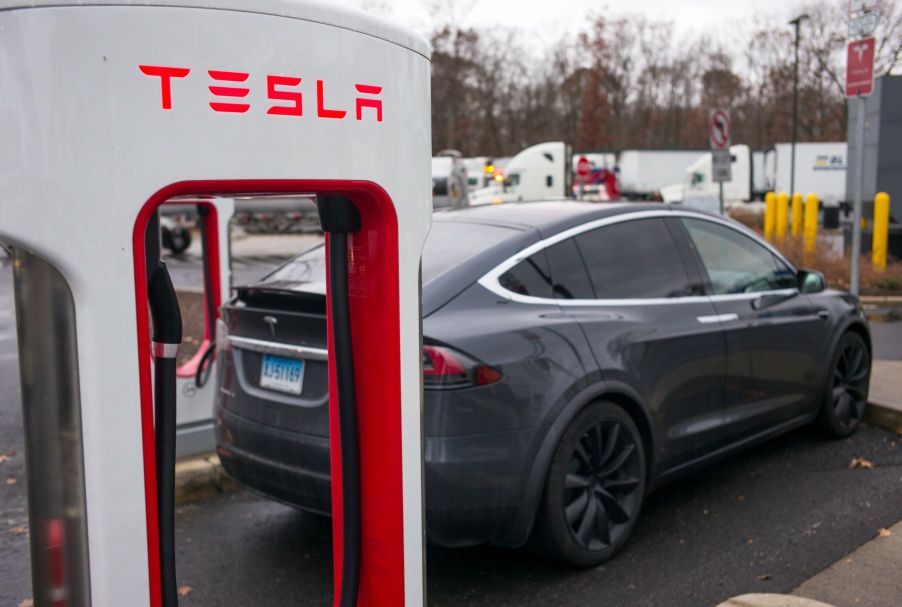
5 Things You Should Know Before Buying an Electric Vehicle in 2022
Buying an electric vehicle isn’t that much different than purchasing a gas-powered one. The main difference is that you’ll have to take a few things into consideration first like the car’s range and where and when to charge. However, there are a few more things you should know if you plan to buy an electric vehicle this year. Ari Janessian – an auto broker with Negotiation Guides – keenly pointed out some buying factors, here are a few of them.
1. The average 0-60 mph time in an electric vehicle is 7 seconds
Most drivers may not really care too much about a car’s acceleration time, but Janessian wants you to know that the average time for an EV to get to 60 mph in 7 seconds. That’s still plenty quick considering the average 0-60 mph time for a subcompact car is about 9 seconds, according to data from Consumer Reports. But if you’re used to hearing about Tesla vehicles hitting 60 mph in 2 to 3 seconds, then we can understand why you might be jaded. The point is, don’t expect crazy acceleration times out of EVs like the Nissan Leaf or Chevy Bolt, because it’s just not there.
2. You can expect around a 200-mile range on average

One of the biggest concerns of any EV buyer is the car’s range. That’s to be expected considering no one wants to be stranded on the side of the road with a completely dead EV. In that case, it’s important to note that the average range that you expect out of any EV on the market today is around 200 miles.
Depending on how much driving you do on a daily basis, that’s pretty good and should last you about a workweek before needing to charge it. I spent a week with the Hyundai Kona Electric, which has an estimated range of 258 miles and I didn’t have any range anxiety at all. Of course, if you can charge the car every night, then you won’t need to worry about the car’s range.
3. Tesla and GM electric cars do not qualify for the $7,500 federal tax credit

If you’re looking to buy either a Tesla or GM electric car, then you may be sad to hear that the $7,500 federal tax credit is gone for those automakers. However, there are plenty of other electric vehicles on the market that still qualify for it. Here is the list on fueleconomy.gov.
4. More than half of the new EVs for sale cost less than $45,000

While the current average cost of a new car is $47,000 – according to Kelley Blue Book – you may be happy to know that the average cost of an EV is less than $45,000. Cars like the Nissan Leaf, Hyundai Kona, and Chevy Bolt all retail for around the $30,000 range. But if you want something cheaper, then you’ll want to look to the used EV market.
5. Getting a Level 2 charger installed in your garage can cost around $1,500

Lastly, if you’re planning to buy an electric car this year, then it’s a good idea to get a Level 2 charger installed in your home. There are plenty of different chargers in the market that you can buy and Janessian reports that it should cost an average of $1,500 to get it installed. It’s worth the money considering how much you’ll save by not pumping gas and how much time you’ll save by being able to charge the car overnight.
There are a few things to consider when buying an electric car in 2022
While charging and range are prime factors to consider when buying an electric car this year, there are a few other things to think about. The federal rebate, the charger installation, and the car’s acceleration are important as well. Otherwise, buying an EV shouldn’t be much different than buying a gas-powered car.



